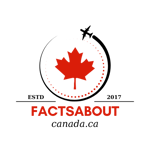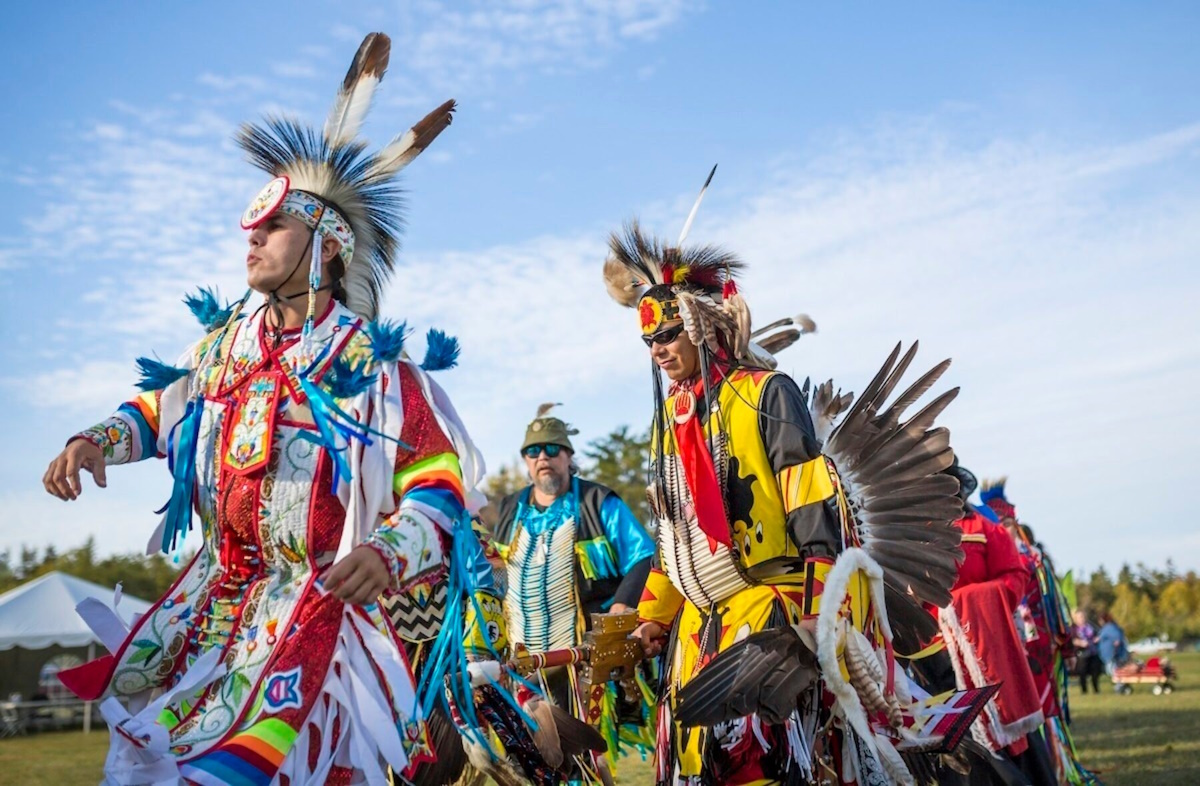The Rich Tapestry of Canada’s Indigenous Peoples
Canada’s Indigenous peoples, comprising First Nations, Inuit, and Métis, boast a history that stretches back millennia. Today, they represent over 1.8 million people, contributing to a rich mosaic of cultures, languages, and traditions that have shaped, and continue to shape, Canada’s identity.
Distinct Peoples, Shared Heritage
- First Nations: The original inhabitants of the land now known as Canada, excluding the Arctic regions.
- Inuit: Predominantly residing in Inuit Nunangat, an expansive region across the Arctic.
- Métis: People of mixed European and Indigenous ancestry, primarily residing in the Prairie provinces and Ontario.
Each group has developed complex social, political, economic, and cultural systems that are deeply interconnected with the land and its resources. This rich heritage is expressed through unique languages, artistic expressions, spiritual practices, and traditional knowledge.
A Legacy of Resilience
The arrival of European settlers marked a turning point, introducing policies of assimilation and dispossession that have had a lasting impact on Indigenous communities. These policies, including the Indian Act, residential schools, and the reserve system, have resulted in significant social, economic, and cultural challenges for Indigenous peoples.
However, despite these adversities, Indigenous communities have shown remarkable resilience and determination. They continue to fight for their rights, revitalize their languages, preserve their cultural practices, and play an integral role in shaping Canada’s future.
Contributions to Canada
Indigenous peoples have made significant contributions to Canadian society, from innovative inventions like the Jolly Jumper to groundbreaking political advocacy in Indigenous languages. Their contributions are woven into the fabric of Canada’s cultural landscape, enriching the country’s diversity and collective identity.
A Path Towards Reconciliation
Today, there is a growing awareness of the importance of reconciliation and the need to recognize the historical and ongoing contributions of Indigenous peoples. This involves addressing the legacy of past injustices, fostering mutual understanding, and building a future based on respect, inclusivity, and collaboration.
As Canada moves forward, it is essential to honor the rich tapestry of Indigenous cultures and ensure that Indigenous voices are heard and respected in all aspects of society. Together, we can build a more equitable and inclusive Canada that celebrates the unique heritage and contributions of its Indigenous peoples.
By understanding and appreciating the rich history and diverse cultures of Canada’s Indigenous peoples, we can work together towards a future of reconciliation and shared prosperity.

